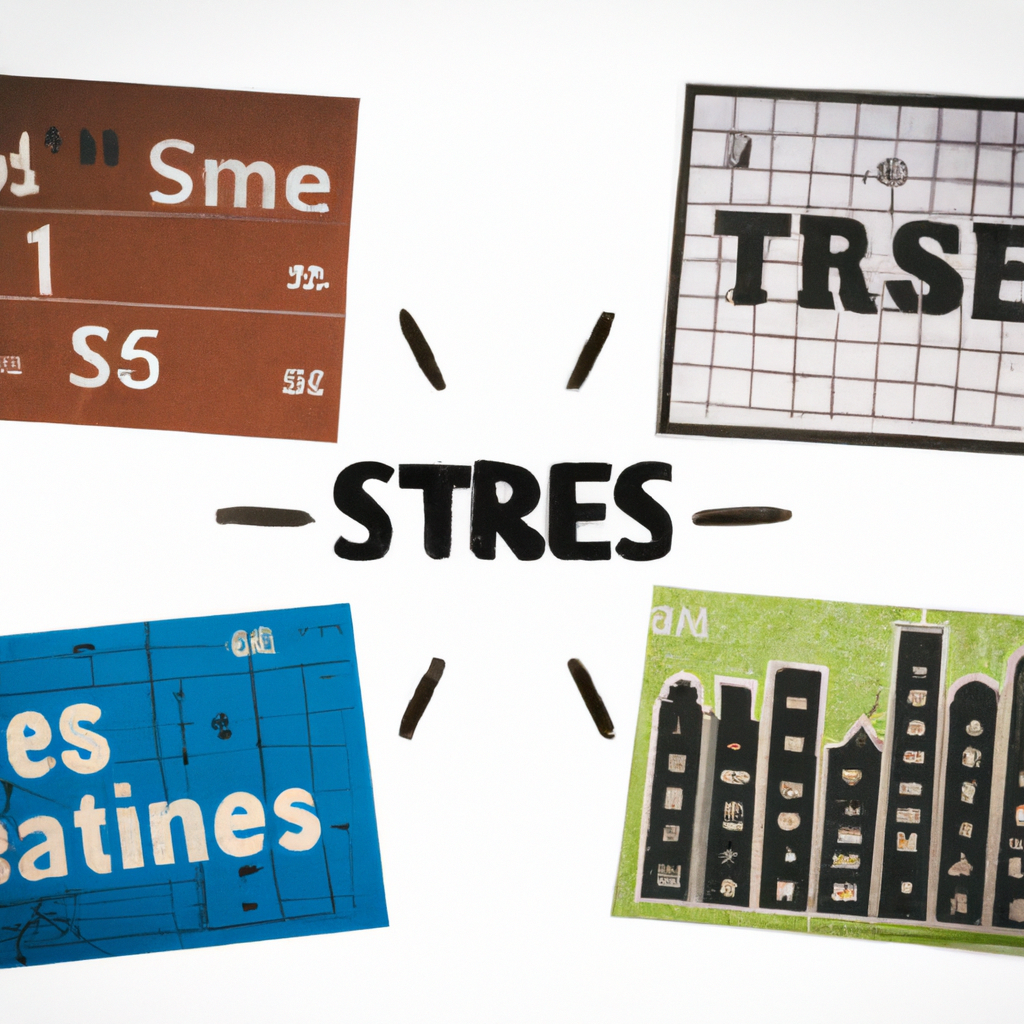- "Innovative Technology Trends Shaping the Future of Education"


Title: "Revolutionizing Education: 5 Innovative Technology Trends Shaping the Future of Learning"
In today's rapidly evolving digital landscape, technology continues to play a pivotal role in transforming various industries, and education is no exception. As we navigate through a digitally-driven era, several innovative technology trends are reshaping the future of education, making learning more engaging, accessible, and effective than ever before.
1. Virtual Reality (VR) and Augmented Reality (AR): These immersive technologies are revolutionizing the way students learn by providing real-life simulations and interactive experiences. From virtual field trips to hands-on experiments, VR and AR are enhancing engagement and understanding in subjects ranging from science to history.
2. Artificial Intelligence (AI) and Machine Learning: AI-powered tools are personalizing the learning experience by analyzing data to tailor educational content to each student's needs. Adaptive learning platforms use algorithms to identify learning gaps and provide targeted support, fostering individualized learning pathways.
3. Gamification: Integrating game elements into educational activities makes learning more enjoyable and effective. Gamified learning platforms motivate students through rewards, competition, and interactive challenges, boosting engagement and retention of information across diverse subjects.
4. Online Learning Platforms: The rise of e-learning platforms and Massive Open Online Courses (MOOCs) has democratized education, offering flexible and affordable learning opportunities to a global audience. These platforms provide access to high-quality educational resources, expert instructors, and collaborative learning communities.
5. Blockchain Technology: Blockchain is revolutionizing credentialing and verification processes, ensuring the security and authenticity of academic achievements. By leveraging blockchain technology, educational institutions can issue tamper-proof certificates and streamline the verification of student credentials, enhancing trust and transparency in the education sector.
In conclusion, these innovative technology trends are reshaping the future of education by making learning more personalized, interactive, and accessible. By embracing these advancements, educators can create dynamic learning environments that foster creativity, critical thinking, and lifelong learning skills essential for success in the digital age. As we continue to harness the power of technology in education, the possibilities for transformative learning experiences are limitless.











